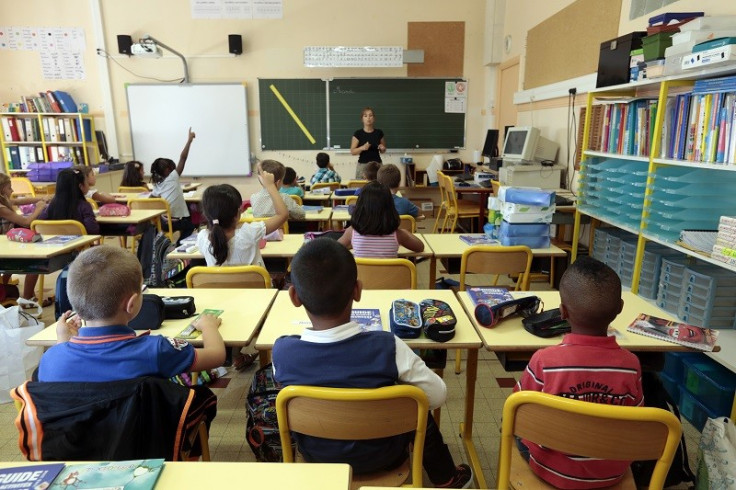Victims of Bullying Earn Less and Have a Higher Chance of Unemployment

Childhood bullying victims earn less money than average and are more likely to be without a job in adult life, according to a study.
According to the International Journal of Manpower, victims of bullying earned 2.1% less than the average wage, are 3.3% less likely to be in employment, and are 4.1% less likely to be participating in the labour market (either in employment or actively looking for work).
The research, which was led by Dr Nick Drydakis of Anglia Ruskin University and questioned 7,500 Greeks aged between 18 and 65, found that childhood bullying can lead to significant economic implications later in life.
"Individuals without a history of being bullied have a higher probability of participating in the labour force, being employed, and receiving higher wages," said Drydakis.
Individuals who experienced a serious intensity of bullying face lower employment rates and lower hourly wages, he said.
The Greek Behavioural Study also found that with 8.4% of the respondents admitting to have been bullied on a frequent or constant basis.
The study discovered a negative correlation between bullying and human capital, with those who experienced bullying as a child 18.5% less likely to have a higher education degree or advanced IT and language skills.
Drydakis added: "Most economic literature on the determination of wages has concentrated on traditional human capital variables, such as education and skills. However, as the effects of bullying may affect individuals' employment future, bullying should be of greater interest to economists."
The research also revealed that gays, lesbians, immigrants and men are more negatively affected by bullying in terms of labour force participation, employment rate and wages.
Gay and lesbian people who experienced bullying as a child, for instance, face 12.4% lower wages, immigrants face 4.1% lower wages and men face 6.1% lower wages.
© Copyright IBTimes 2025. All rights reserved.




















